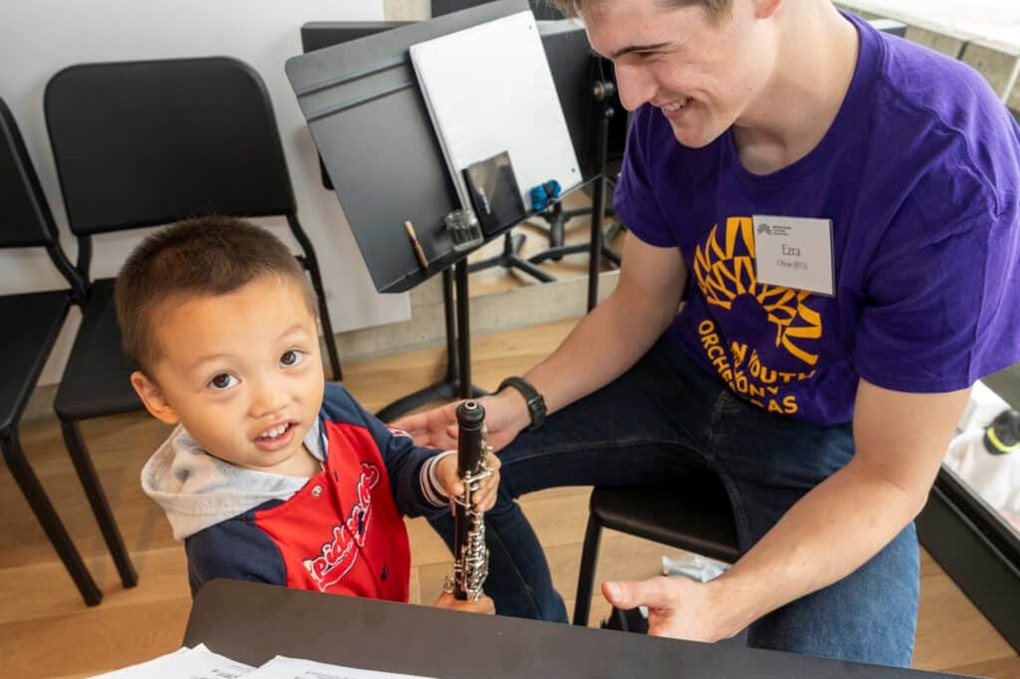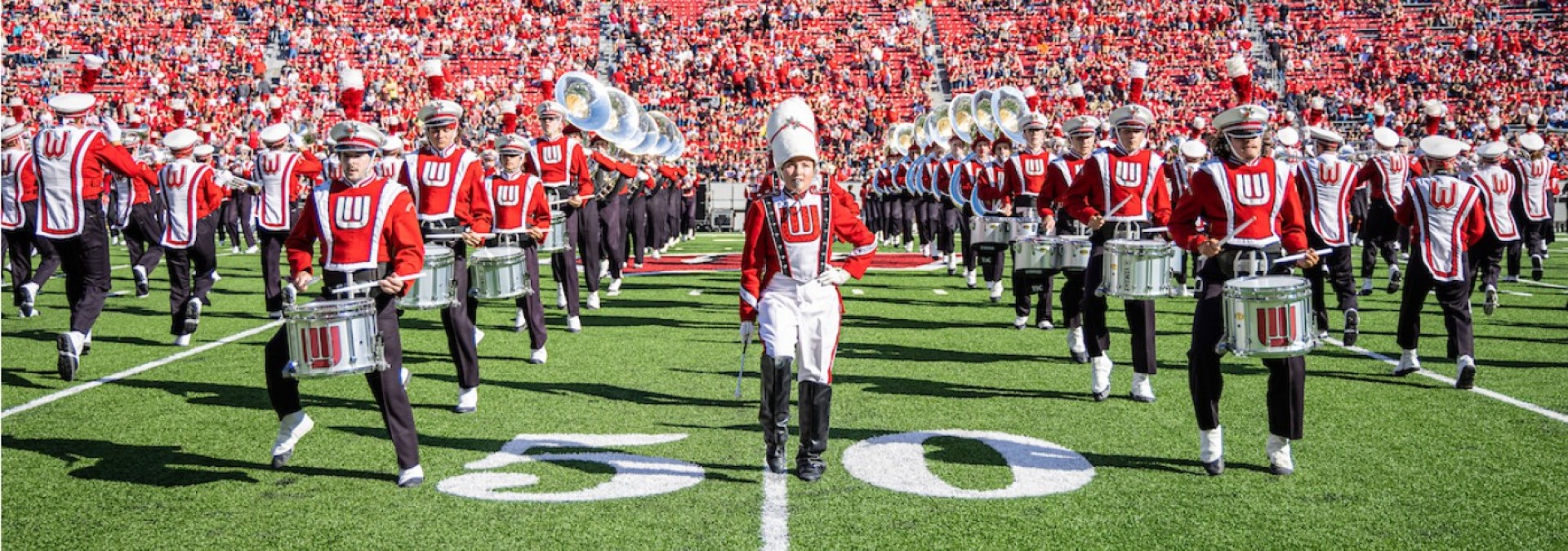×
Glossary
Admissions Committee: A group of university staff who review applications and decide which students are accepted into the college. This is different from the music faculty, who review materials for acceptance into the music program specifically.
Audition: A live or recorded performance used to evaluate a student's musical skill for entrance into a music school or program.
Benefit Concert: A performance organized to raise money or awareness for a cause. If student-led, this shows leadership and initiative.
Character: In the admissions context, this refers to personal qualities like responsibility, maturity, and motivation—important traits for success in college and music programs.
College-Level Music Program: A structured curriculum at a college or university that trains students in music performance, education, theory, and related fields.
Community Engagement / Community Service: Volunteer work done to help others. For music students, this might include teaching music to children, helping at a community choir, or playing at local events.
Conservatory: A specialized college focused almost exclusively on music (or the performing arts), often very competitive and performance based.
Depth of Musical Study: A student's long-term and well-rounded musical experience, including lessons, ensemble work, competitions, and summer programs.
Ensemble Experience: Playing or singing in a group setting, such as a band, choir, orchestra, or chamber group. Music schools look for students with ensemble experience.
Essays: Written parts of the college or music school application. These may include personal statements or responses about your experience and goals.
Extracurricular Activities: Activities outside the classroom—such as sports, clubs, or volunteering—that help show who a student is beyond academics.
Faculty: Professors or instructors in a college’s School of Music who assess a student's musical ability and fit for the program.
Liberal Arts College: A college that offers a broad education across many subjects (like English, science, and history) along with music programs. Different from conservatories, which are music focused.
Masterclass: A special class where a student performs and receives feedback from a professional musician or guest artist.
Music Education Major: A degree path for students who want to become music teachers in schools or communities.
Performance Major: A degree path focused primarily on developing a student’s skills as a solo or ensemble performer.
Private Instruction: One-on-one music lessons with a teacher. Often a key part of a student’s training.
Résumé: A document listing a student's experience and accomplishments. Music résumés often include repertoire, performance history, awards, and training.
School of Music: A department within a larger university dedicated to teaching music. Students must often apply to both the university and the School of Music.
Service Hours: Documented time spent volunteering, often required by high schools or considered by colleges in the general application process.
Summer Music Program: A specialized camp or training program held during summer break. These often offer advanced instruction, ensemble work, and college credit or exposure.
Tailor Your Application: Adjusting your materials—résumé, essay, audition—to match the specific values and expectations of the school you're applying to.
University Application vs. Music Department Application: The university application is for the college as a whole (grades, test scores, activities). The music department application focuses specifically on a student’s musical background and talent.
Volunteer Work: Unpaid service work that contributes to a community, often seen as a sign of leadership and compassion.
Youth Ensemble: A music group made up of young people, such as a youth orchestra or choir. Leading or participating in one can strengthen a music application.


.png) ARTICLE GLOSSARY
ARTICLE GLOSSARY

.png)
.png)


.jpg)
.jpg)

.jpg)

.png)




.jpg)
.png)










.jpg)



.jpg)
.jpg)
.jpg)
.jpg)
.jpg)

.png)
.png)

